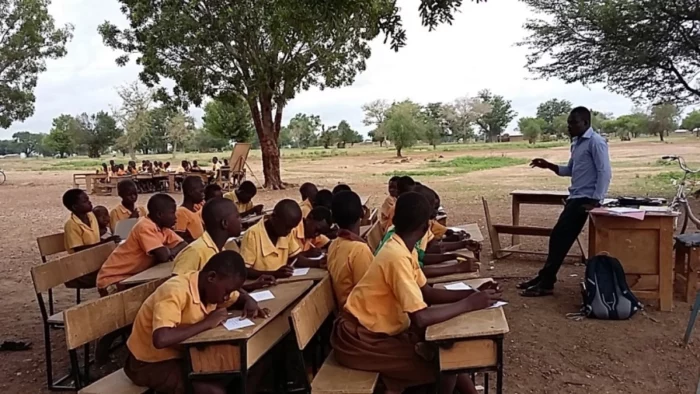Thomas Doe
Social WorkerNulla totam rem metus nunc hendrerit ex voluptatum deleniti laboris, assumenda suspendisse, maecenas malesuada morbi a voluptate massa! Hendrerit, egestas.

“Some of us are not surprised about today’s educational system in Ghana. This is what happens when you appoint or vote for leaders who have everything to live on and know nothing about running home when the dark clouds begin to form during the rainy seasons.”
Humphrey Asigbee
The disconnect between those in power and the realities faced by ordinary citizens, especially in times of adversity, has left our education system vulnerable.
Leadership is not merely about making decisions from a position of privilege; it requires a deep understanding of the struggles and aspirations of the people. The metaphorical reference to ‘running home when the dark clouds begin to form’ highlights the need for leaders who can empathize with the challenges faced by the populace, particularly in difficult times.
In the context of education, the consequences of such leadership choices become evident. Adequate resources, effective policies, and responsive decision-making are crucial for the development of a robust educational system. When leaders are insulated from the day-to-day realities of the education sector, the result is a system that may lack the necessary support and adaptability to meet the diverse needs of students and educators.
As we reflect on the current state of education in Ghana, it becomes imperative to reevaluate the criteria by which leaders are chosen. A more inclusive and informed selection process could pave the way for leaders who not only have everything to live on but also possess the insights and compassion required to navigate the complexities of a nation’s educational landscape, ensuring a brighter future for all.”
This response aims to further elaborate on the initial statement and explore the implications of leadership choices on the education system in Ghana.
Photo credit: Aljazeera
